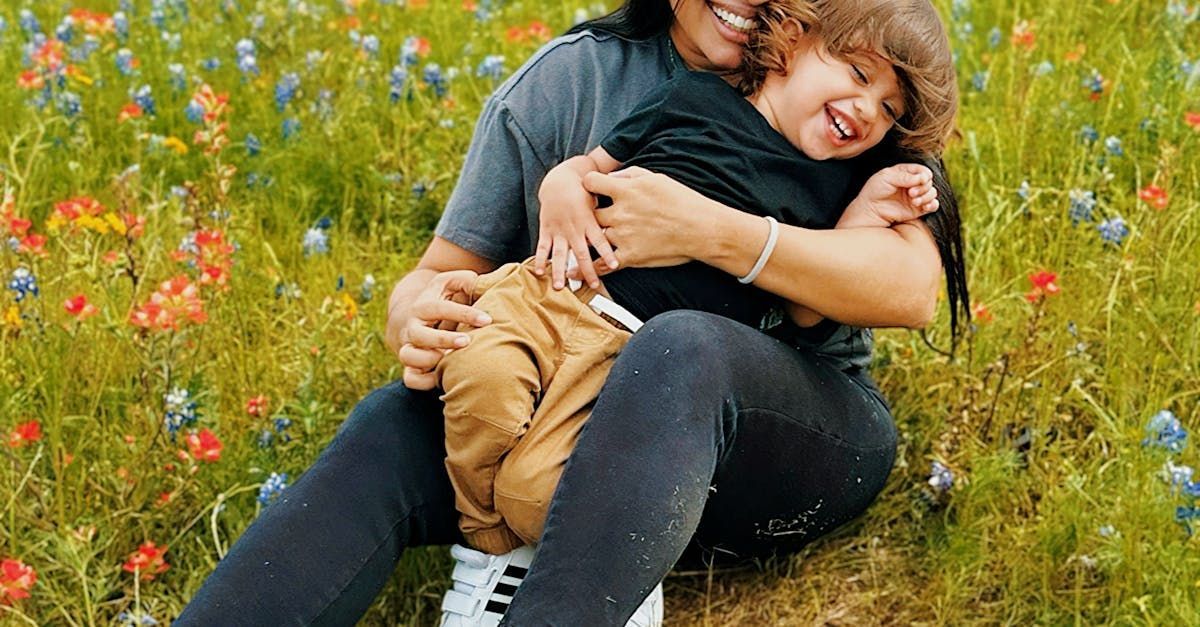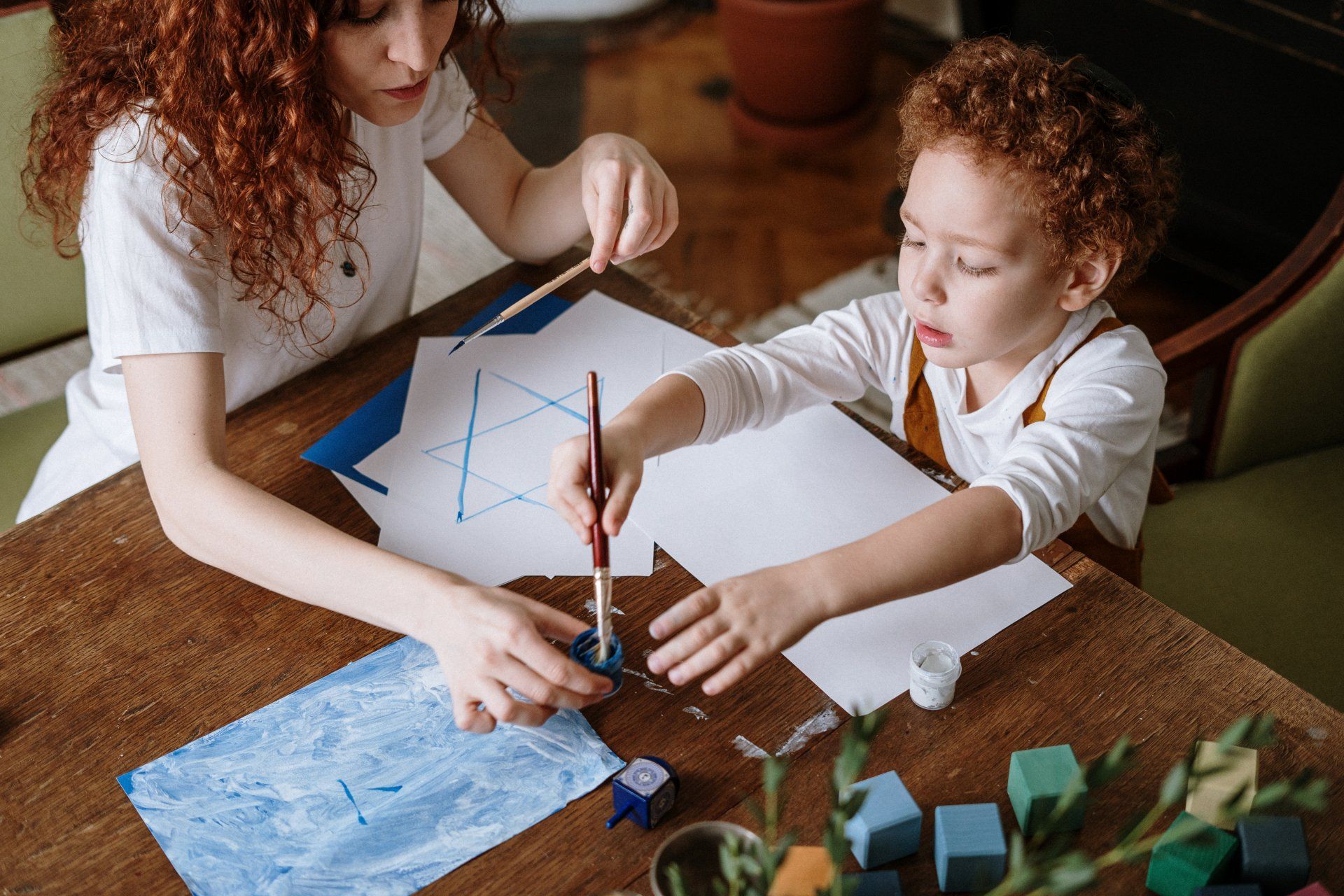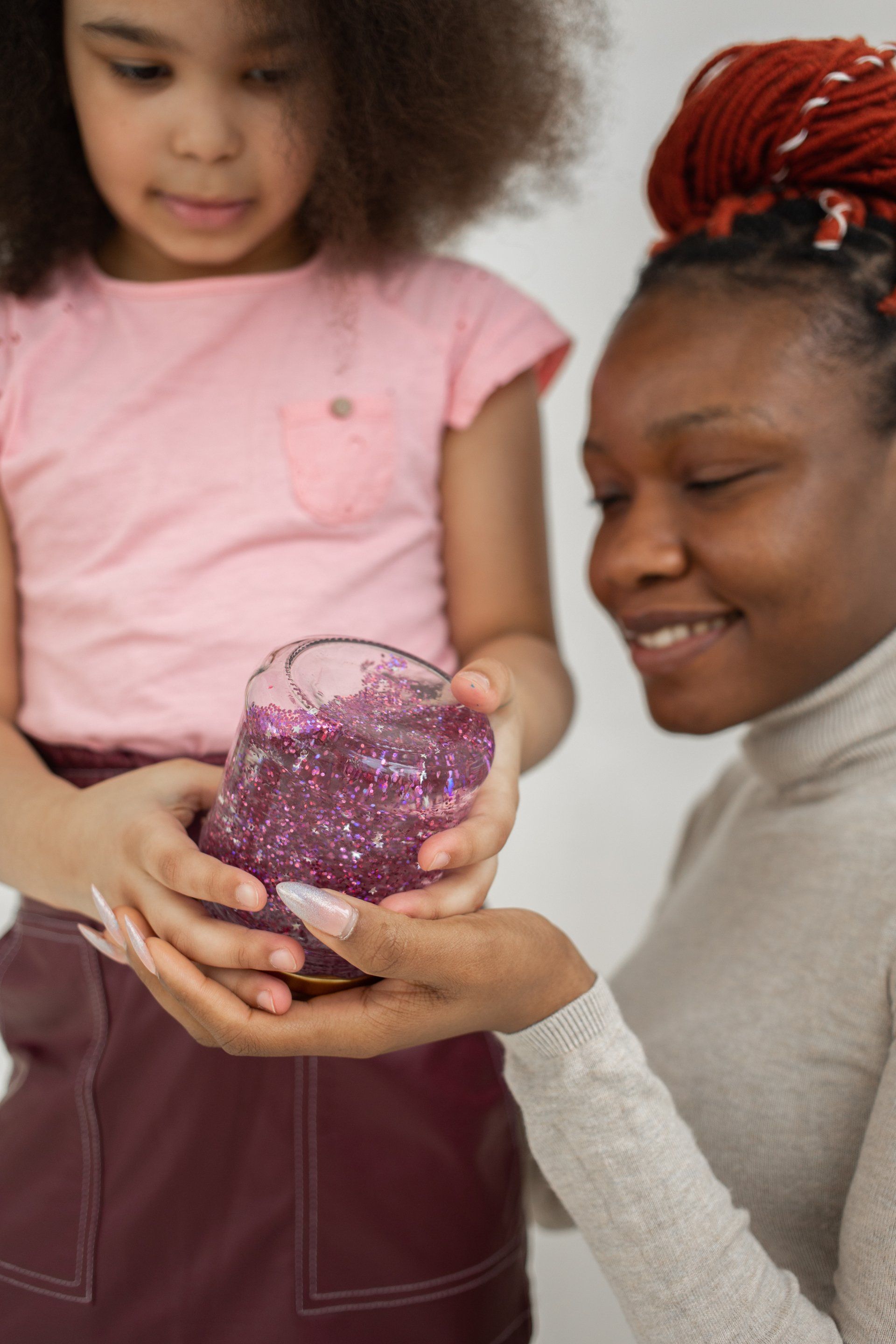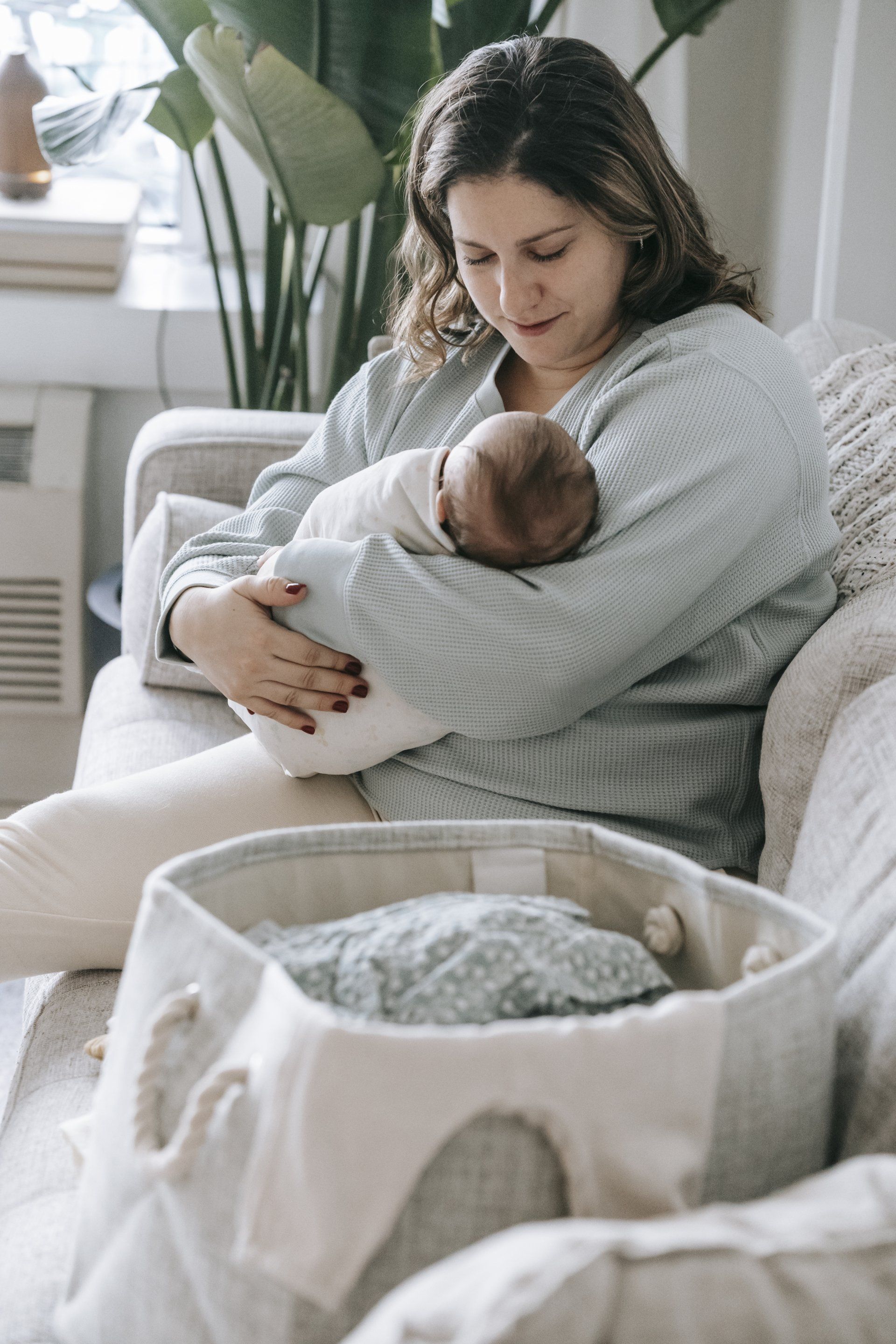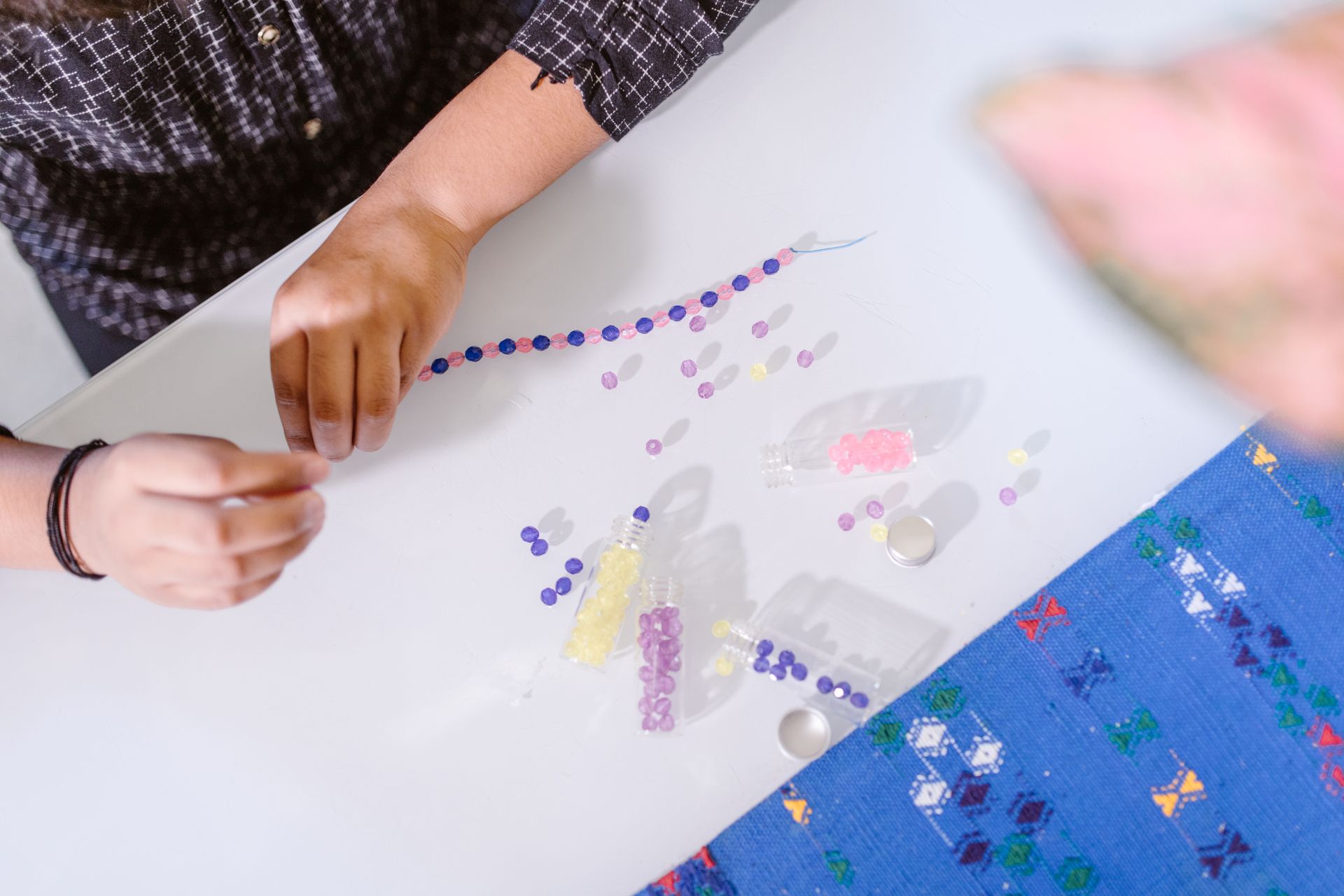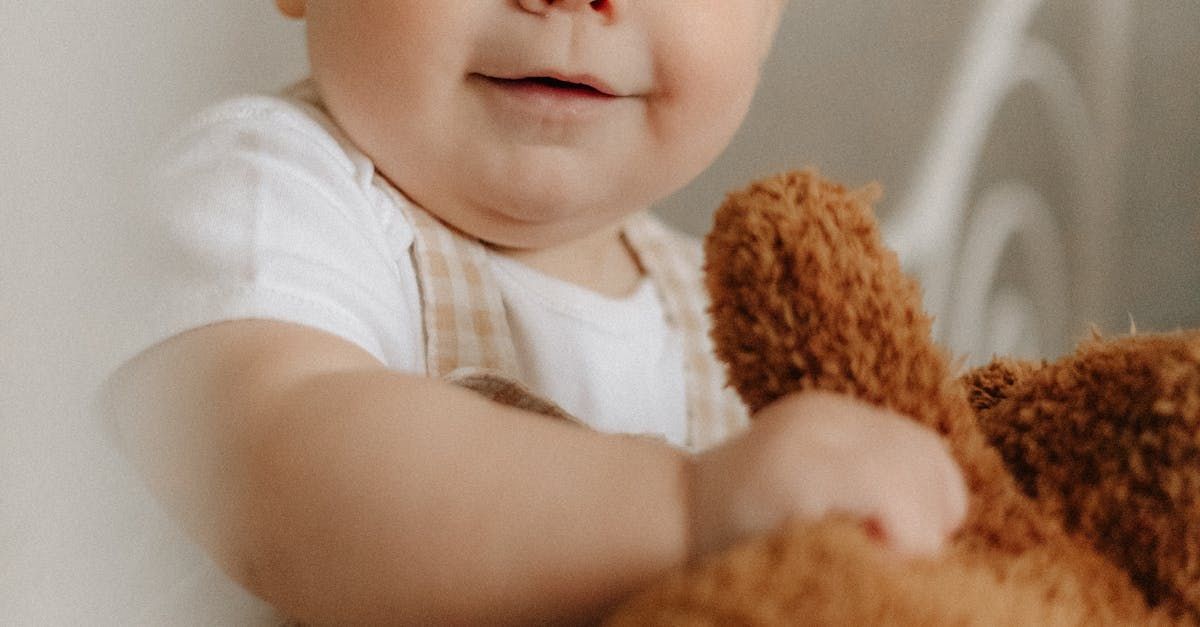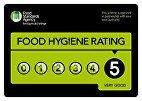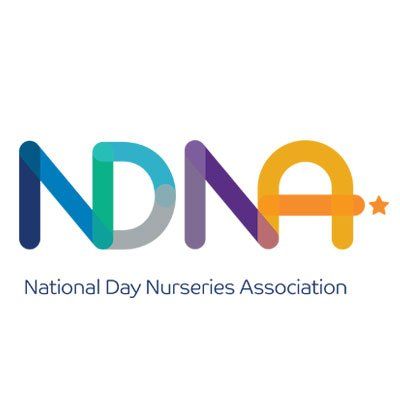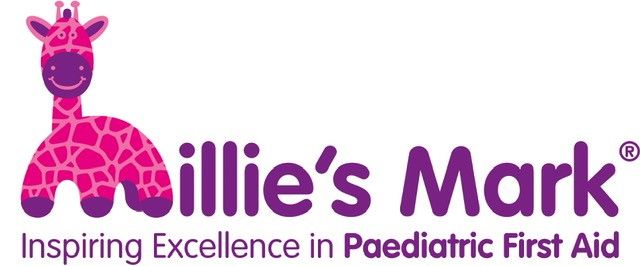Engaging Science Experiments for Kids
Engaging Science Experiments for Kids
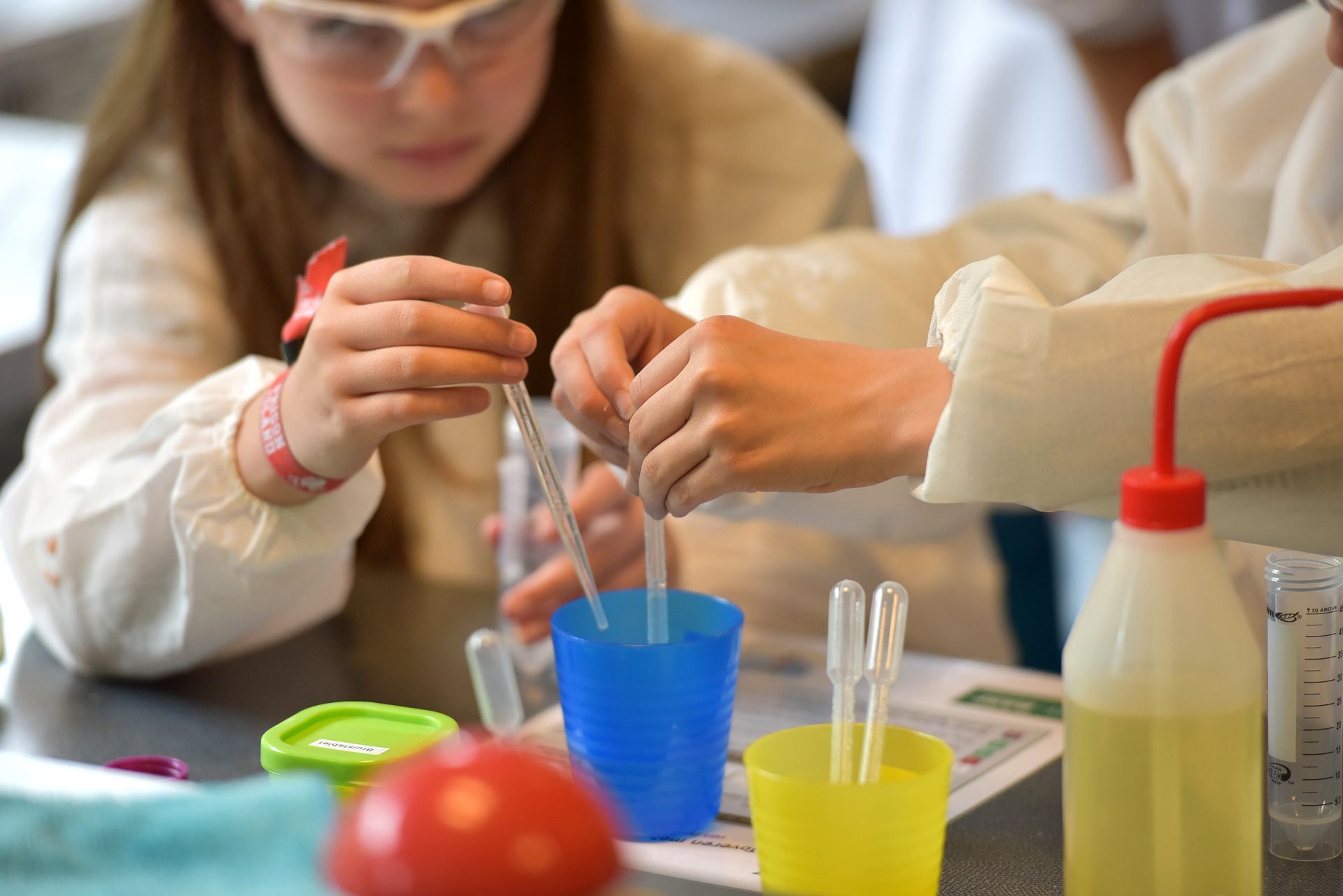
Early childhood is a critical period for cognitive development, and introducing young children to science through fun and engaging experiments can set the stage for lifelong learning. Science experiments not only spark curiosity but also help children develop important skills such as observation, problem-solving, and critical thinking. This article aims to provide parents and early years educators with a range of simple and exciting science experiments suitable for children aged 0-5, using everyday household items. By incorporating these activities into daily routines, you can make learning an enjoyable and continuous process for your little ones.
Why Science Experiments are Beneficial for Young Children
Hands-on science experiments are an excellent way to engage young children and encourage them to explore the world around them. These activities help in the development of fine motor skills, enhance cognitive abilities, and promote a sense of curiosity and wonder. Early exposure to science concepts lays a strong foundation for future learning and helps children understand the basic principles of cause and effect, measurement, and observation.
Developmental Benefits:
- Cognitive Skills: Science experiments require children to think critically and make observations, which enhances their cognitive skills.
- Fine Motor Skills: Activities like pouring, mixing, and handling small objects improve fine motor skills.
- Language Development: Discussing experiments and describing observations help in developing language skills.
- Social Skills: Working together on experiments promotes teamwork and communication.
Encouraging Curiosity:
Science experiments encourage children to ask questions and explore their environment. This natural curiosity drives them to learn and discover new things, fostering a lifelong love for learning.
Safety Tips for Conducting Science Experiments with Young Children
Safety is paramount when conducting science experiments with young children. Here are some essential safety tips:
- Always supervise: Ensure that an adult is always present to supervise the experiment.
- Use safe materials: Choose non-toxic, safe materials that are suitable for young children.
- Create a controlled environment: Set up the experiments in a safe area where spills and messes can be easily managed.
- Prepare beforehand: Gather all necessary materials and read through the experiment steps before starting to ensure smooth execution.
- Teach safety rules: Use the opportunity to teach children basic safety rules, like not touching their face during experiments and washing hands afterward.
Easy and Fun Science Experiments for Ages 0-2
1. Colour Mixing with Water
- Materials: Clear cups, food colouring, water.
- Procedure: Fill clear cups with water and add a few drops of different food colouring to each cup. Let the children mix the colours and observe the changes.
- Educational Value: This experiment helps children understand colour mixing and cause-effect relationships.
- Extension Activity: Use a colour wheel to explain primary and secondary colours and let children predict the outcome of mixing two colours.
2. Floating and Sinking Objects
- Materials: Basin of water, various small objects (toy blocks, spoons, etc.).
- Procedure: Fill a basin with water and gather a variety of small objects. Ask the children to predict which objects will float and which will sink, then test their predictions.
- Educational Value: This activity introduces children to the concept of buoyancy and encourages them to make predictions and observations.
- Extension Activity: Create a chart to record which objects float and which sink, and discuss the reasons behind their behaviour.
Exciting Science Experiments for Ages 3-5
1. Baking Soda and Vinegar Volcano
- Materials: Baking soda, vinegar, dish soap, food colouring, container.
- Procedure: Place baking soda in a container and food colouring add a few drops of dish soap and food colouring. Pour vinegar over the mixture and watch as it fizzes and erupts like a volcano.
- Educational Value: This experiment introduces children to chemical reactions and allows them to observe and describe changes.
- Extension Activity: Experiment with different amounts of baking soda and vinegar to see how it affects the reaction. Discuss the concept of chemical reactions and gases produced.
2. Growing a Bean Plant
- Materials: Dried beans, cotton balls, water, clear plastic cups.
- Procedure: Place cotton balls in a clear plastic cup and moisten them with water. Place a few dried beans on the cotton balls and keep them moist. Observe the beans as they sprout and grow over several days or weeks.
- Educational Value: This activity teaches children about plant life cycles and the conditions necessary for growth.
- Extension Activity: Keep a growth journal where children can draw or write about the daily changes in the bean plant. Discuss the parts of a plant and their functions.
Incorporating Science Experiments into Daily Routines
Integrating science experiments into daily routines can make learning a continuous and enjoyable process. Here are some ideas:
- Bath Time Colour Mixing: Use bath time to explore colour mixing by adding a few drops of food colouring to the water. This can make bath time more fun while teaching basic science concepts.
- Kitchen Chemistry: Involve children in simple kitchen activities like making dough or mixing ingredients to observe changes in texture and consistency. Cooking can be a fun and educational experience, teaching children about measurements, mixtures, and changes in states of matter.
- Nature Walks: Take nature walks and encourage children to observe plants, insects, and other natural phenomena. Collect leaves, rocks, or flowers and discuss their characteristics. This helps children connect with nature and develop observational skills.
- Story Time Science: Incorporate science themes into story-time by choosing books that feature scientific concepts. After reading, conduct a related experiment to reinforce the learning.
Resources and Further Reading
For more science experiment ideas, consider the following resources:
- Books: "The Everything Kids' Science Experiments Book" by Tom Robinson, "Kitchen Science Lab for Kids" by Liz Lee Heinecke.
- Websites: Science Fun for Everyone (sciencefun.org), Steve Spangler Science (stevespanglerscience.com).
- Educational Videos: National Geographic Kids, SciShow Kids on YouTube. These videos provide visual and interactive learning experiences that can enhance understanding and engagement.
Conclusion
Introducing young children to science through simple, fun experiments can have a lasting impact on their curiosity and love for learning. By using everyday household items, parents and educators can create engaging and educational experiences that foster a love for science. So, gather your materials and start experimenting today, and watch as your child's interest in the world around them grows. Remember, the goal is to make learning fun and exciting, encouraging children to ask questions and explore their environment.
FAQ
Q: Are these experiments safe for very young children?
A: Yes, all the experiments suggested use non-toxic materials and are designed to be safe with adult supervision.
Q: What if my child loses interest quickly?
A: Keep the experiments short and engaging, and be flexible. It’s okay to pause and come back to the activity later.
Q: How can I make science a regular part of our routine?
A: Integrate simple experiments into daily activities, such as mixing colours during bath time or observing plants while gardening.
Q: Do I need any special equipment for these experiments?
A: No, all the experiments use everyday household items. You don't need any special equipment.
Q: How can I explain complex scientific concepts to young children?
A: Use simple language and relate concepts to everyday experiences. Visual aids and hands-on activities also help in explaining complex ideas in an understandable way.
GLOBAL KIDS DAY CARE LIMEHOUSE
Lascar Wharf Community Centre, Limehouse, London, E14 7FN. | Tel: 0207 001 1210 Email: limehouse@globalkidsdaycare.co.uk
GLOBAL KIDS DAY CARE MILE END
21 Burdett Road, Mile End, London, E3 4TU. | Tel: 0208 980 1706 Email: mile-end@globalkidsdaycare.co.uk
GLOBAL KIDS DAY CARE ALDGATE EAST
52 Old Castle Street, Aldgate East, London E1 7AJ. | Tel: 0203 302 7800 / Mobile: 07823 770035 | Email: aldgateeast@globalkidsdaycare.co.uk
Opening Times: 8am - 6pm

